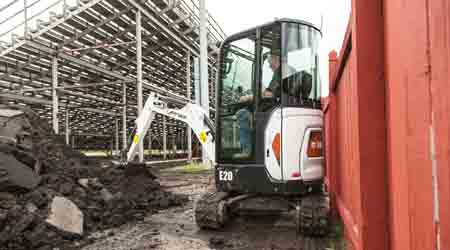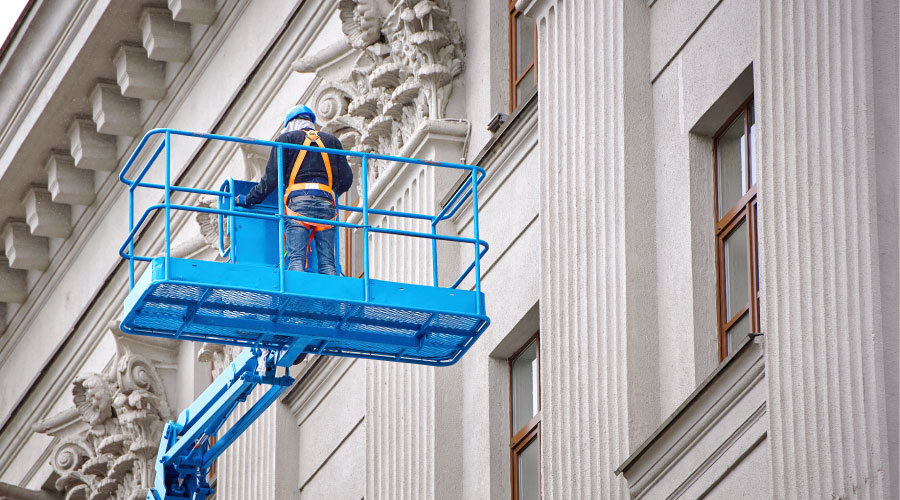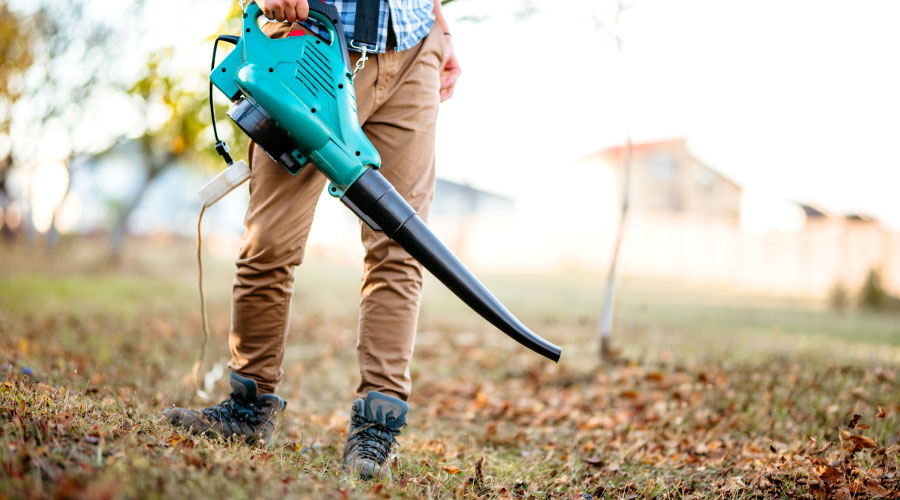Renting Specialized Construction Equipment Provides Managers With Flexibility
Part three of a four-part article on equipment rental
Renting specialized equipment offers managers the advantage of equipment availability when it is needed, particularly if it is needed only on a limited basis, without having to carry the cost of ownership. These infrequently used, specialized items are particularly well suited for rental. But as with other rental items, to get the greatest benefit, managers must start by clearly understanding their needs.
Define needs. Start by looking at the size and scope of the project. For example, if crews must carry out a landscaping project, is a front-end loader sufficient, or does the project call for a grader? Failing to properly match the rental equipment to the project needs can be costly. If the equipment is undersized, it will take crews longer and lead to additional rental time to perform the tasks. Oversizing can be expensive due to unnecessary hourly or daily rental costs. Rent what the job requires and not more.
Delivery and pickup. Rental companies can impose substantial charges for delivering and picking up rental equipment. Does the basic rental fee include those charges, or are they extra? Is it possible for users to pick up and return the equipment themselves, and if so, does the department have that capability?
Timing. Ideally, managers want to rent the equipment for as short a period as possible. That means they must plan and schedule project activities properly. It is a waste of rental costs to have equipment sitting idle because the site was not ready on time or because of some other factor. It is equally wasteful to delay a project because the manager did not schedule the equipment rental in time.
As with other rental equipment, include operator training. Specialized construction equipment can be a hazard to operators and other personnel unless crews use them properly. Even if the personnel who will be operating the equipment have used it before, training should be a requirement. The equipment rented might be a different model or be from a different manufacturer. A significant amount of time also might have passed since the operator last used the equipment, and they might be rusty.
James Piper, P.E., is a national facilities consultant based in Bowie, Md. He has more than 25 years of experience with facilities maintenance, engineering and management issues.
Related Topics:













